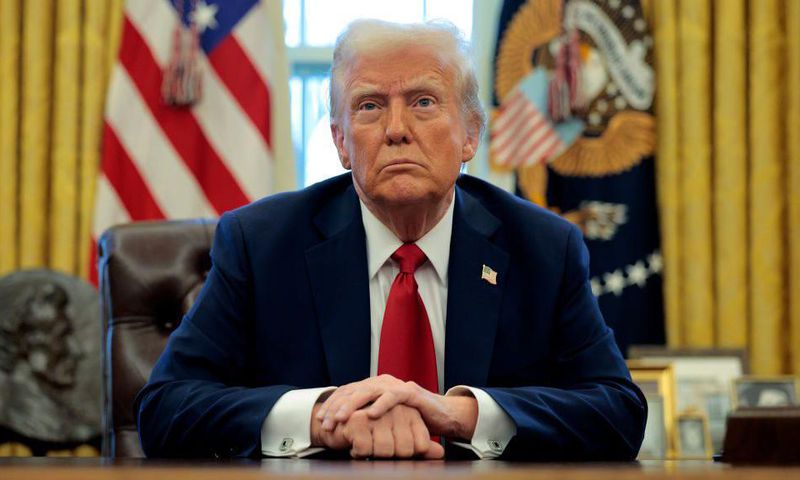The United States has imposed sanctions on four judges of the International Criminal Court (ICC), intensifying tensions following the court’s recent decisions involving both U.S. and Israeli officials, according to AFP.
The move comes in response to the ICC’s issuance of an arrest warrant for Israeli Prime Minister Benjamin Netanyahu, as well as its investigation into alleged war crimes committed by U.S. forces in Afghanistan.
The U.S. sanctions include travel bans and the freezing of any assets or financial interests the judges may hold within the country.
“The United States will take whatever actions we deem necessary to protect our sovereignty, that of Israel, and that of our allies from illegitimate actions by the ICC,” said U.S. Secretary of State Marco Rubio.
Rubio further urged countries that support the ICC—many of which he noted owe their freedom to American sacrifices—to oppose what he called “a disgraceful attack” on both the U.S. and Israel.
In a swift response, the ICC condemned the sanctions, calling them “a clear attempt to undermine the independence of an international judicial institution,” emphasizing that the court operates with the mandate of 125 member states.
Israeli Prime Minister Netanyahu expressed gratitude to the U.S. for the sanctions, thanking President Donald Trump and Rubio in a social media post.
“Thank you President Trump and Secretary of State Rubio for standing up against the politicized judges of the ICC. You have justly defended Israel’s rights,” Netanyahu wrote.
However, the decision drew criticism from Human Rights Watch. Liz Evenson, the group’s international justice director, warned the sanctions were aimed at intimidating the court as it investigates alleged war crimes in Gaza and past U.S. conflicts.
“These sanctions are intended to deter the ICC from pursuing accountability for grave crimes committed in Israel and Palestine—crimes in which the U.S. may be complicit,” Evenson stated.
Two of the sanctioned judges—Beti Hohler of Slovenia and Reine Alapini-Gansou of Benin—were involved in the case that led to the arrest warrant for Netanyahu. The ICC determined there were “reasonable grounds” to hold both Netanyahu and former Israeli Defense Minister Yoav Gallant accountable for alleged war crimes, including using starvation as a weapon during Israel’s military campaign in Gaza after the October 7, 2023, Hamas attack.
The other two judges—Luz del Carmen Ibanez Carranza of Peru and Solomy Balungi Bossa of Uganda—were involved in authorizing an investigation into potential war crimes committed by U.S. forces in Afghanistan.
While neither the United States nor Israel is a signatory to the Rome Statute, which established the ICC in 2002, several key U.S. allies—such as the UK, Japan, and South Korea—are members and may be legally required to cooperate with the court, including enforcing arrest warrants.
This latest action marks a return to a hardline stance from the Trump administration. During his first term, Trump imposed sanctions on the ICC’s chief prosecutor over the Afghanistan investigation. Those measures were later lifted by President Joe Biden, who took a more cooperative approach, notably supporting ICC efforts to investigate Russian war crimes in Ukraine.

